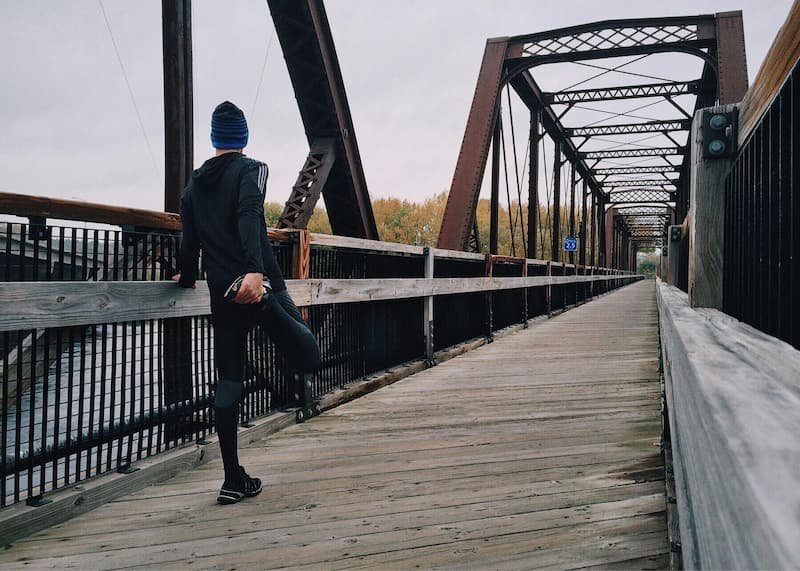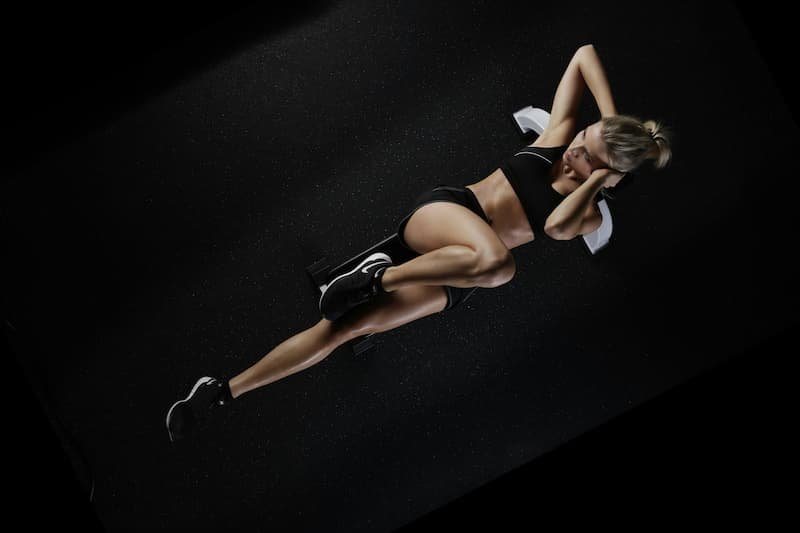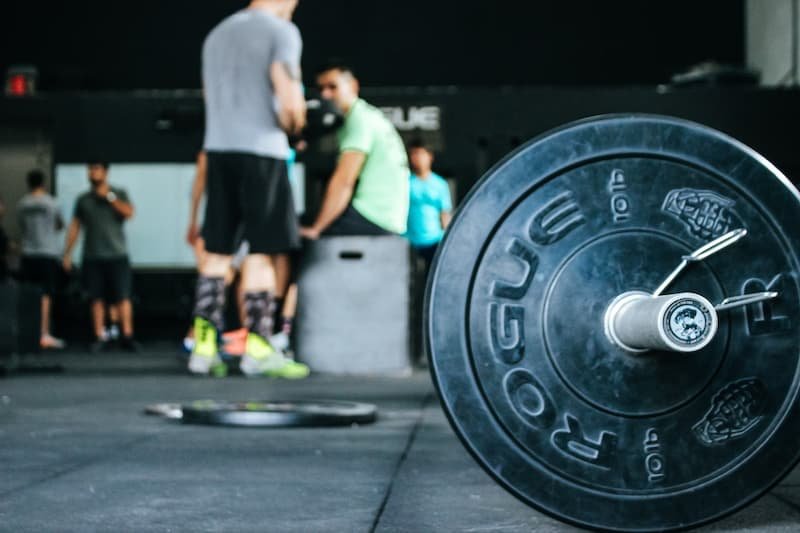
 Olivia Møller
Freediver - Activist - Explorer
Olivia Møller
Freediver - Activist - Explorer

 Olivia Møller
Freediver - Activist - Explorer
Olivia Møller
Freediver - Activist - Explorer
Freediving is more than just holding your breath and diving deep. It’s a sport that demands physical fitness, mental focus, and a deep connection with your body. But what role does fitness play in your freediving performance? And how can maintaining a fit lifestyle enhance your experience in the water? Let’s dive in.
Freediving requires more than just lung capacity—it’s a harmonious interplay of strength, flexibility, cardiovascular efficiency, and mental calmness. Research has shown that physical fitness directly impacts your ability to hold your breath (static apnea) and perform underwater movements (dynamic apnea).
Improved Oxygen Efficiency: A fit body utilizes oxygen more efficiently. Cardiovascular fitness strengthens your heart and lungs, allowing them to pump oxygen-rich blood to your muscles and brain more effectively. Studies suggest that aerobic conditioning can significantly improve your VO2 max (the maximum amount of oxygen your body can use during intense activity), a critical factor for freediving performance.
Enhanced Muscular Endurance: Strong and flexible muscles consume less oxygen during movement. When your muscles are conditioned, they work more efficiently, reducing overall oxygen demand and helping you stay underwater longer. Flexibility also plays a key role in streamlining your body and reducing resistance in the water.
Lower Resting Heart Rate: Regular physical activity, particularly aerobic exercise, lowers your resting heart rate over time. For freedivers, this is a critical advantage, as a lower heart rate correlates with better oxygen conservation and prolonged dive times. A calm, steady heartbeat allows you to enter a relaxed state before and during a dive, maximizing your performance.
Reduced Risk of Injuries: Fitness reduces the likelihood of injuries by improving your body’s overall stability and resilience. A strong core supports your spine, while balanced strength throughout your body protects your joints. These factors are essential for handling the physical demands of diving, including managing the pressure changes at depth.

Professional freedivers often emphasize the role of fitness in unlocking their full potential. For example, a strong core enables better control over buoyancy and posture underwater, while leg strength provides the power to propel yourself efficiently with fins. Additionally, maintaining physical fitness ensures you’re prepared for the unpredictable challenges that can arise while diving, such as strong currents or the need for sudden exertion.
Physical fitness isn’t just about peak performance but also about mental clarity. Exercise reduces stress and anxiety, creating a calmer state of mind for freediving. Research in sports psychology has demonstrated that regular physical activity boosts the production of endorphins, which counteract stress hormones like cortisol. This mental calmness is critical for freediving, where the ability to stay relaxed can mean the difference between a successful dive and an aborted one.
Consistency in fitness doesn’t just enhance your dives today; it ensures longevity in the sport. Freediving puts unique demands on the body, and staying fit helps you adapt to these challenges over time. It’s about building a sustainable foundation that allows you to enjoy the underwater world for years to come.
A fit body is also more adaptable. Whether it’s adjusting to the thermal changes underwater or coping with the physical effort required in challenging conditions, fitness equips you with the resilience needed to thrive in the ocean environment. This adaptability can also translate into greater confidence, as you’ll feel more prepared to handle various situations.

Many people struggle to maintain fitness due to busy schedules or lack of motivation. However, it’s important to view fitness not as a chore but as an integral part of your freediving journey. Even small, consistent efforts can yield significant results over time. Shift your perspective by focusing on the benefits: improved dive times, reduced fatigue, and a stronger connection with your body.
“I don’t have time.” Fitness doesn’t have to take hours. Integrate physical activity into your daily routine, whether it’s a walk during lunch breaks or stretching before bed.
“I’m not fit enough to start.” Everyone starts somewhere. Fitness is a personal journey, and progress is more important than perfection.
“I’ll do it later.” The best time to start is now. Taking even small steps today can set you on the path to long-term benefits.

Beyond physical and mental improvements, staying fit can enhance your appreciation of freediving. Fitness fosters a deeper connection with your body, helping you tune into the subtle cues that make freediving a transformative experience. You’ll find yourself more in sync with the underwater environment, moving fluidly and conserving energy effortlessly.
Fitness also connects you with a community of like-minded individuals. Whether it’s attending fitness classes, joining a freediving group, or participating in events, maintaining an active lifestyle can open doors to new friendships and opportunities.
Ultimately, fitness is about more than just improving your freediving skills; it’s about cultivating a lifestyle that supports your passions. By prioritizing your physical and mental well-being, you’re investing in a deeper connection with the ocean and yourself.
Whether you’re a competitive freediver or someone who dives for the sheer joy of it, prioritizing fitness can be a game-changer. Start with small, manageable steps, and let consistency guide your journey. The ocean rewards those who prepare—fit, focused, and ready.